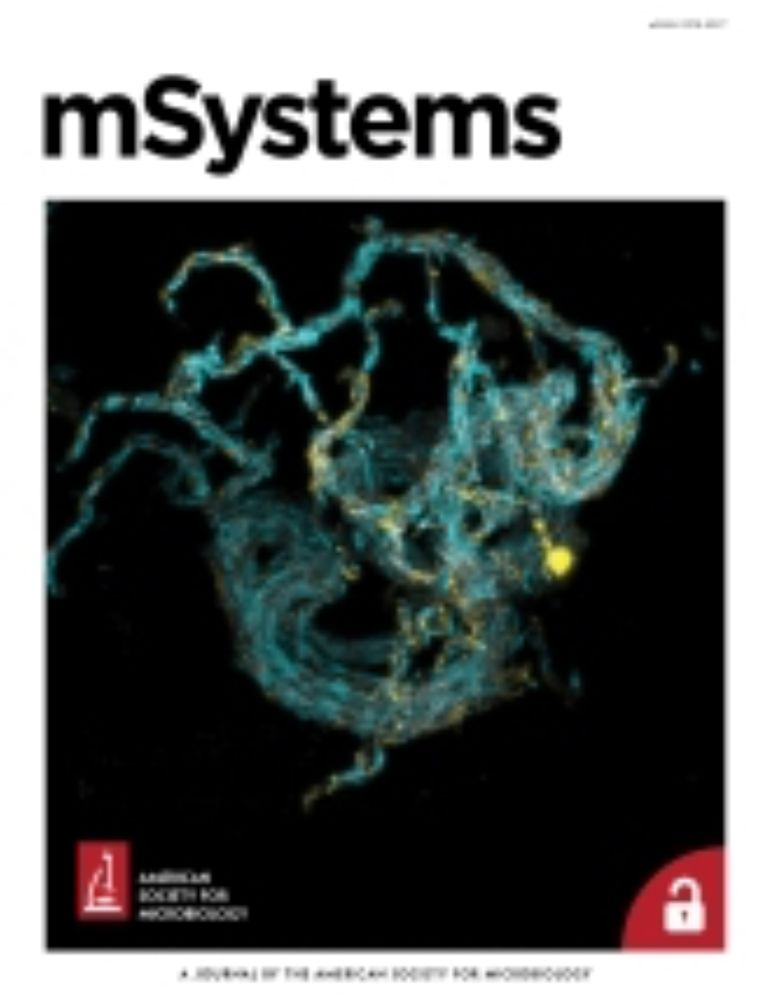
#Ecosystem Science and Impacts of #Climate Change; #Forest #Ecology; #Biodiversity.
| Ecosystem Ecology group at @wslresearch.bsky.social |
| Professor at @usyseth.bsky.social |
| Head of the @SwissForestLab.bsky.social | ..
more
#Ecosystem Science and Impacts of #Climate Change; #Forest #Ecology; #Biodiversity.
| Ecosystem Ecology group at @wslresearch.bsky.social |
| Professor at @usyseth.bsky.social |
| Head of the @SwissForestLab.bsky.social |
Reposted by Arthur Geßler, Martin Ehbrecht

Reposted by Matthias Cuntz, Drew Peltier

Reposted by Graeme S. Cumming, Arthur Geßler, Juan Rocha

From Stehl et al. Nature Food 2025 www.nature.com/articles/s43...
*National food availability from domestic production as proportion from recommended intake by the Livewell diet. 100% means that all recommendations of a food group are met.
Reposted by Arthur Geßler

📖 nph.onlinelibrary.wiley.com/doi/10.1111/...
#TansleyReview by Holloway-Phillips et al.
@WIleyPlantSci #PlantScience
@arthurobuntspecht.bsky.social @ma-cormier.bsky.social @lucascernusak.bsky.social

Link to full statement: link.europa.eu/NtMX4K

Reposted by Arthur Geßler, Laurent Pech

Oppressive state behavior by the US, disguised as free speech fighting. Appalling.
www.theguardian.com/technology/2...

Reposted by Arthur Geßler, Steffen Mau, Cyrus Samimi , and 2 more Arthur Geßler, Steffen Mau, Cyrus Samimi, Nils Zurawski, Kirstin Drenkhahn

www.sueddeutsche.de/politik/usa-...
Reposted by Elisabet Martínez‐Sancho

- New Phytologist

Initially for 6 years:
www.linkedin.com/jobs/view/pr...
Reposted by Joanna Bryson, Katharine Hayhoe, Valerie M. Delmotte , and 22 more Joanna Bryson, Katharine Hayhoe, Valerie M. Delmotte, Sonia I. Seneviratne, Helmut Haberl, Klaus E. Meyer, Garry Peterson, Arthur Geßler, Ben Bond‐Lamberty, John Fasullo, Nancy Knowlton, Jonathan A. Foley, Steve Peers, Harvey J. Miller, Richard Waite, Éva E. Plagányi, Gernot Wagner, Sabine Pahl, Dominik Wiedenhofer, Randall A. Kramer, Andréas Nilsson, Leah Stokes, Georg Weizsäcker, Olúfẹ́mi Táíwò, Sheila R. Foster

Learn more about this year's #BOTY and other big advances in science: https://scim.ag/493Tpgx
Reposted by Arthur Geßler, Benjamin Wildermuth

Water moves faster than nitrate from soil to canopy in mature trees, highlighting root, soil, and species traits.
More on subsoil uptake by Douglas fir and beech here:
onlinelibrary.wiley.com/doi/10.1111/...
@mrakklara.bsky.social @christina-hn.bsky.social
@wileyonlinelibrary.bsky.social
Reposted by Arthur Geßler, Adam H. Sobel, Wim Thiery , and 1 more Arthur Geßler, Adam H. Sobel, Wim Thiery, Rosie A. Fisher

Reposted by Lisa W. Fazio, Richard S.J. Tol, Dorothy Bishop , and 35 more Lisa W. Fazio, Richard S.J. Tol, Dorothy Bishop, Colin F. Camerer, Arthur Geßler, Gavin A. Schmidt, Joshua S. Weitz, Scott L. Greer, Steve Peers, Simon Chapman, Caroline Krafft, Philip N. Cohen, Rita Rubin, Lesley A. Hall, Efrén O. Pérez, David W. Kerstetter, Kevin Carey, Raffaella Ravinetto, Devon Greyson, Smith, Karen Benjamin Guzzo, Janet Murray, Alan Richardson, Patrick S. Forscher, Ben Tonra, Julia Lynch, Caroline Fohlin, Sebastian Karcher, David C. Kimball, Lisa Diedrich, Catherine J. Frieman, Christina Ho, Larry W. Hunter, Richard M. Carpiano, Julie Rovner, Nicole Guenther Discenza, Dana Howard, Clark Gray
Reposted by Katharine Hayhoe, Elizabeth Saunders, Rebecca Solnit , and 67 more Katharine Hayhoe, Elizabeth Saunders, Rebecca Solnit, Richard S.J. Tol, Sonia I. Seneviratne, Scott C. Doney, Brian J. Enquist, Joel A. Thornton, Kimberly A. Prather, Simon L. Lewis, David M. Schultz, Brigitte Nerlich, Will Jennings, Peter Thorne, Brendan Nyhan, Timon McPhearson, Arthur Geßler, Ben Bond‐Lamberty, Wim Thiery, Elizabeth A. Barnes, Ed Hawkins, Mathias Disney, Kevin J. Anchukaitis, Baylor Fox‐Kemper, Julie L. Lockwood, Patrick A. Jansen, Rosie A. Fisher, Flavio Lehner, Jonathan A. Foley, Joshua S. Weitz, Scott L. Greer, Steve Peers, Alan de Brauw, David Johnson, Rosemary A. Joyce, Michael J. Allen, Fabián Muniesa, Gernot Wagner, Adam Gamoran, Daniel W. Drezner, Smith, Karen Benjamin Guzzo, Robert Wolfe, Holger Hestermeyer, Dominique Meurs, Stacy D. VanDeveer, Bessma Momani, Suzanne de Cheveigné, Michael D. McDonald, Erol Akçay, David Murakami Wood, Kate Starbird, Jennifer A. Johnson, Mathias Frisch, Alessandro Rigolon, Leah Stokes, Larry W. Hunter, Jack Stilgoe, Richard M. Carpiano, Nathan Richardson, Xavier Molénat, Kate Jackson, Carlos Carroll, Jeannette Sutton, Clark Gray, Annalee Newitz, David Darmofal, Peter Jacobs, Jesse R. Lasky, Anne Hilborn



www.aap.org/en/news-room...
Reposted by Arthur Geßler
@lehmannlab.bsky.social @arthurobuntspecht.bsky.social
@wslresearch.bsky.social

Meanwhile C4 plants? They're basically chilling like "this is fine" 😎
www.nature.com/articles/s44...
Reposted by Arthur Geßler

#mSystems by @hannahshulman.bsky.social et al
journals.asm.org/doi/10.1128/...
Reposted by Arthur Geßler
Leider stellt Frau Krenkel in dem Interview einige Falschbehauptungen auf:
1/
Reposted by Arthur Geßler


Reposted by Arthur Geßler, Jussi T. Eronen

Our latest article, out now:
share.google/0eyMBdzbmWkA...
🧵
1/6
Reposted by Brian J. Enquist, Arthur Geßler, Juan Cole , and 1 more Brian J. Enquist, Arthur Geßler, Juan Cole, Stacy D. VanDeveer



